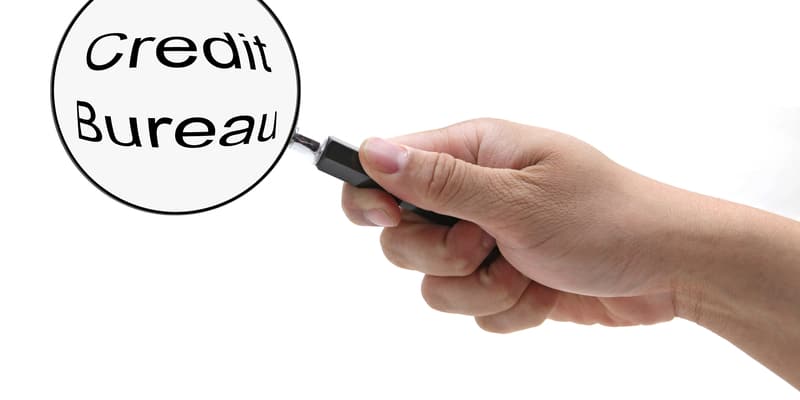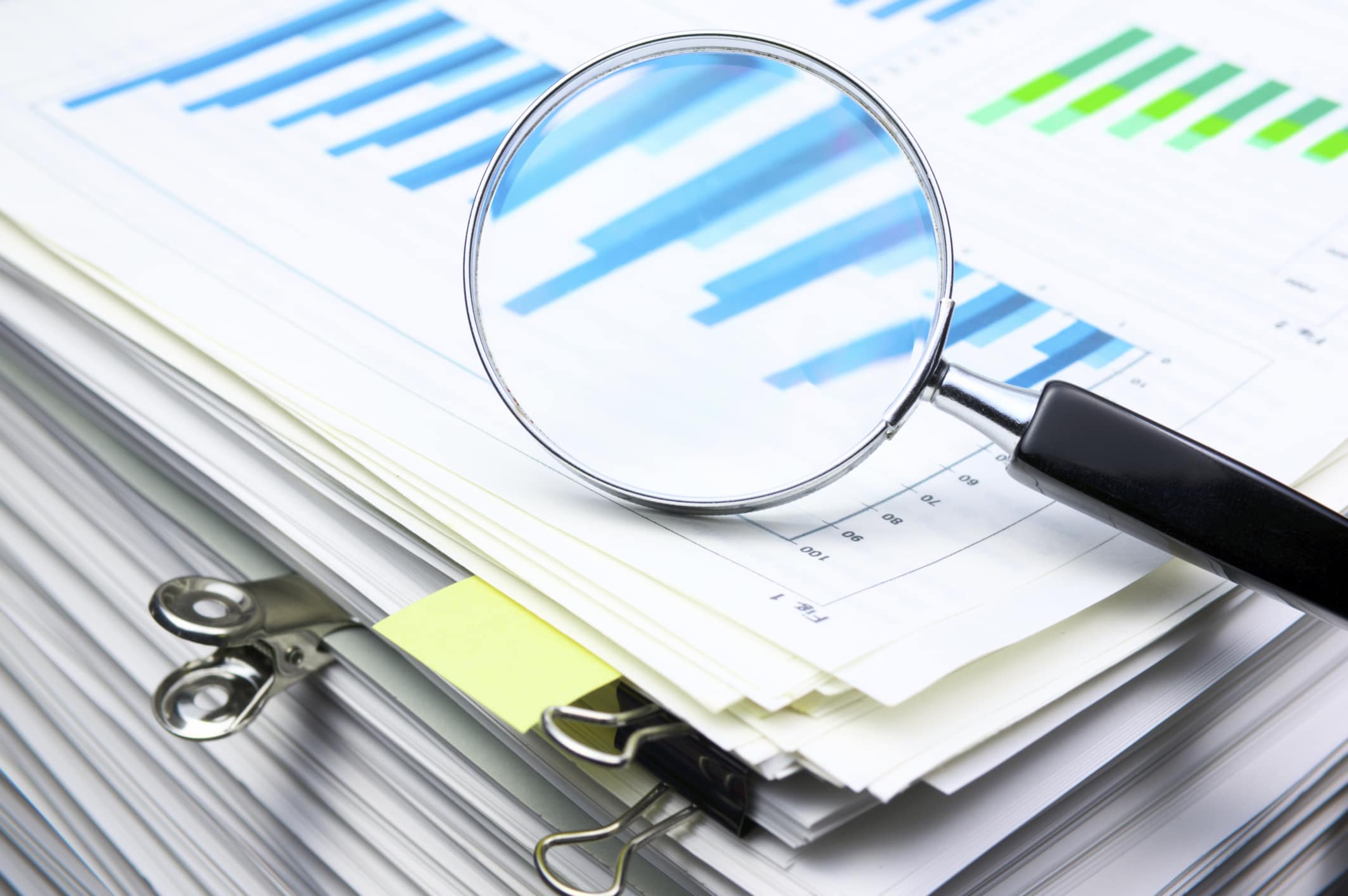The Step-by-Step Guide to Filing Credit Disputes
Dealing with credit problems is never much fun, but when your credit problems are the result of errors on your credit reports these problems can take on a whole new level of frustration. This frustration is largely due to the fact that credit problems and low credit scores can make life difficult in many ways. Bad credit can easily lead to loan denials, credit card denials, trouble renting /purchasing a place to live, challenges when trying to purchase a vehicle, and even difficulty landing a job or a coveted promotion.
If credit reporting errors are costing you money or causing you to be denied for the things you need the good news is that you do have some recourse available to you. According to the Fair Credit Reporting Act (FCRA), the chief federal law which regulates credit reporting, you have the right to dispute any item on your credit reports with which you disagree or find to be questionable.
When you dispute an item with one of the credit bureaus (Equifax, TransUnion, or Experian), that bureau has 30 days in most cases to complete an investigation into your claim and to either verify or remove the disputed item. (Note: In some instances, such as when you send additional documentation after initiating a dispute, the credit bureau may have up to 45 days to investigate your claim.)
Here is an overview of how the dispute process actually works.
Step 1: Initiating the Dispute

The first step in any dispute process is to let one of the credit bureaus (or perhaps a creditor) know that you disagree with or question information which is currently appearing on your credit report(s). You have the right to initiate disputes on your own, of course, but you also have the right to hire a reputable professional like the Credit Pros to handle all of the legwork for you as well.
Many consumers do not have the time to handle disputes on their own or they do not fully understand how to exercise their rights under the FCRA. If you find yourself in either of these positions then professional credit repair services may make the most sense for you.
Step 2: The Credit Bureaus Do WHAT?!

The next step in the dispute process seems so incredibly shady that it is difficult for most consumers to even believe. Whenever you submit a dispute to one of the credit bureaus, even if you write 3 thoughtfully worded pages explaining why the item in question on your credit report is incorrect, the credit bureaus will take your detailed explanation and truncate it down into a simplified, 3-digit code.
That simple “dispute reason code” is all that the credit bureau will use to communicate the reason for your dispute with the data furnisher (the company who reported the disputed information to the credit bureau in the first place). The dispute reason code is transmitted from the credit bureau to the data furnisher via an online system known as Online Solution for Complete and Accurate Reporting, or e-OSCAR.
Step 3: The “Investigation”

Once a data furnisher has received your 3-digit dispute reason code from a credit bureau through e-OSCAR, the furnisher is required to investigate your claim. However, an “investigation” as you and I understand the term is not always what actually takes place. Data furnishers will often drop the ball during the investigation of your dispute and step all over your consumer rights under the FCRA in the process.
In fact, another rather unbelievable aspect of the credit dispute process is the fact that a data furnisher could simply click a button that the disputed item is “accurate” and the credit bureau would take the company’s word for it regardless of the fact that you disagree. Remember, you are not the credit bureaus’ customer. The data furnisher is their customer. Whenever there is a case of “he said, she said” the credit bureaus are almost certain to take the data furnisher’s side every time.
However, there is a bit of good news for you, the consumer, when it comes to the dispute process as well. If a data furnisher ignores your dispute and fails to respond to the credit bureau via e-OSCAR then after 30 days (in most cases) the credit bureaus are legally required to delete the account from your credit report due to the lack of response.
Step 4: Your Results
Once a credit bureau has received a response from the data furnisher it is time to update your credit report. Keep in mind that if the disputed item was verified as accurate by the data furnisher then the credit bureau may not actually be making any changes to your credit report. However, if a data furnisher confirms that the disputed account should be removed (or if the data furnisher fails to respond within the allowable time frame) then the offending item(s) will be deleted. Regardless of whether you have had deletions, whether items on your credit reports were updated, or whether the disputed items were verified the credit bureaus are obligated under the FCRA to send you the results of your investigation.
What If the Errors Remain?
The unfortunate truth is that sometimes erroneous or questionable items can remain on your credit reports even after a dispute. If this happens you have the right to re-dispute any item on your credit report.

However, remember that it can often pay off to have a professional in your corner to handle the process for you.


